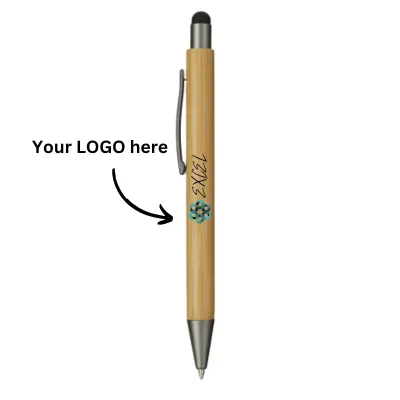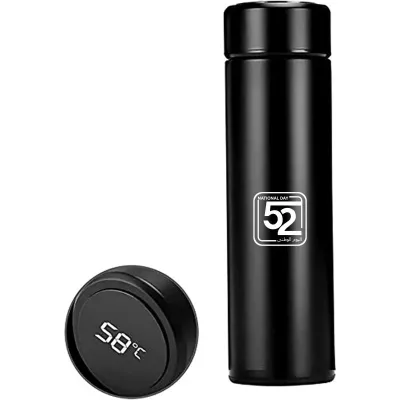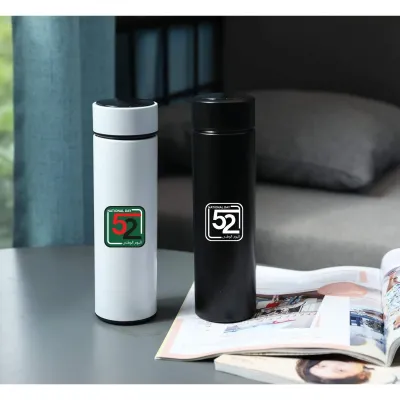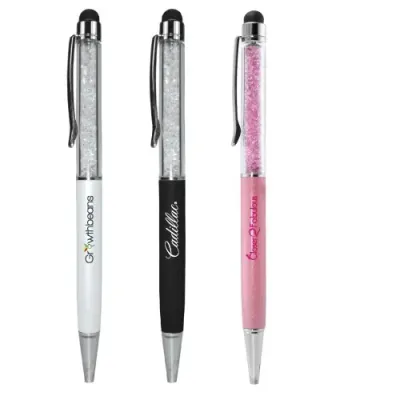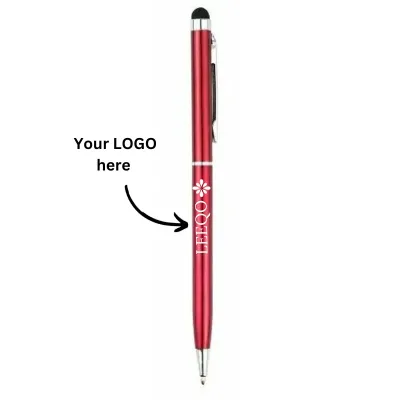Effective Ways to Measure the Impact of Corporate Gifts
Effective Ways to Measure the Impact of Corporate Gifts
Corporate gifting is a strategic investment aimed at fostering relationships, enhancing brand recognition, and driving business growth. However, to ensure that this investment yields tangible returns, it's essential to measure the impact of corporate gifts effectively. In this blog post, we explore various methods for measuring the return on investment (ROI) of corporate gifts, empowering businesses to make informed decisions and maximize the effectiveness of their gifting strategies.
Tracking Customer Engagement:
One of the most direct ways to measure the impact of corporate gifts is by tracking customer engagement metrics. This includes monitoring metrics such as website traffic, social media interactions, and email open rates following the distribution of gifts. By analyzing these metrics before and after sending out corporate gifts, businesses can gauge the impact of their gifting efforts on customer engagement levels. Additionally, tracking the number of inquiries, leads generated, and conversions attributed to recipients of corporate gifts provides valuable insights into the effectiveness of these gifts in driving customer action.
Surveying Recipients:
Another effective method for measuring the impact of corporate gifts is by gathering feedback directly from recipients. Sending out post-gift surveys or conducting follow-up interviews allows businesses to understand recipients' perceptions, preferences, and the influence of the gift on their attitudes toward the brand. Questions can focus on aspects such as the perceived value of the gift, its relevance to the recipient's needs, and the likelihood of future engagement with the brand. By collecting qualitative data from recipients, businesses can gain valuable insights into the effectiveness of their gifting strategies and identify areas for improvement.
Monitoring Brand Sentiment:
Corporate gifts have the potential to influence brand sentiment and perception among recipients. Monitoring online reviews, social media mentions, and sentiment analysis can provide valuable insights into how corporate gifts are perceived by recipients and the broader audience. Positive sentiment and favorable reviews following the distribution of gifts indicate a successful gifting campaign that resonated with recipients. Conversely, negative sentiment or lack of engagement may signal a need for adjustments to the gifting strategy. By closely monitoring brand sentiment, businesses can gauge the impact of corporate gifts on brand perception and make data-driven decisions to optimize future gifting efforts.
Analyzing Sales and Revenue Impact:
Ultimately, the effectiveness of corporate gifts can be measured by their impact on sales and revenue generation. Analyzing sales data, including the number of new customers acquired, repeat purchases, and revenue attributed to recipients of corporate gifts, provides a clear indication of the ROI of gifting initiatives. Businesses can use tools such as CRM systems and sales tracking software to attribute sales back to specific recipients of corporate gifts, allowing for a comprehensive analysis of the direct impact on the bottom line.
Conclusion:
Measuring the impact of corporate gifts is essential for maximizing ROI and optimizing gifting strategies. By tracking customer engagement metrics, surveying recipients, monitoring brand sentiment, and analyzing sales and revenue impact, businesses can gain valuable insights into the effectiveness of their gifting efforts. Armed with this data-driven understanding, businesses can refine their gifting strategies, allocate resources more effectively, and ultimately achieve greater success in building relationships, enhancing brand recognition, and driving business growth through corporate gifting initiatives.
Featured Products - Highlighted Selections - Standout Products We Love
Our featured products are special products liked and recommended by our customers.They are special in design, shape with distinctive values










